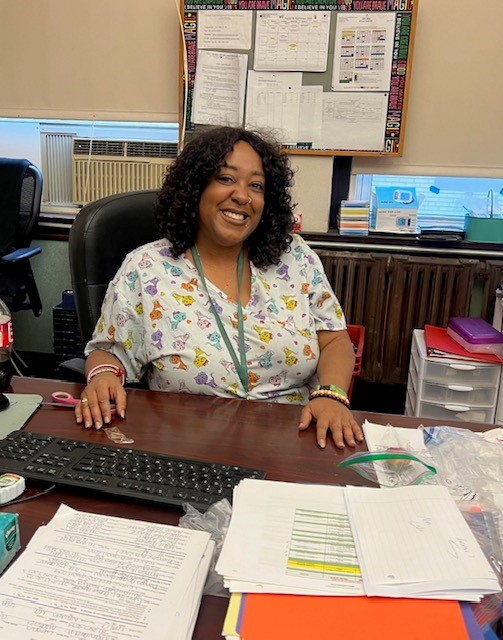We all know the feelings we experience after returning home from a long journey. We enter our house feeling tired and weary. We look forward to reclining in our favorite chair and eventually settling into our familiar beds for a good night’s sleep. Happy to be back in our own personal space and grateful for the comforts that restore our spirit.
Now imagine a journey that is unbearably long and whose destination is unclear. Where Fear is the chief navigator and Uncertainty is the only compass. Such is the state for tens of thousands of immigrants who have been entering the United States in an attempt to escape victimization and trauma in their homeland.
Massachusetts is faced with an increasing number of number of immigrant families, many of whom have suffered trauma from violent crime, human trafficking, domestic violence, and/or persecution. Seeking safety in the United States for these survivors involves a very long and complicated asylum process. One component of the process that can aid in the applicant’s success is a thorough psychological evaluation documenting the impact of the traumas suffered and evaluating the veracity of one’s reported experiences. The Center for Violence Prevention and Recovery (CVPR) at Beth Israel Deaconess Medical Center (BIDMC), thankfully, provides critical assistance through the Sanctuary Project, which conducts evaluations for asylum seekers, survivors of human trafficking, immigrant victims of domestic violence and violent crime. The program recruits, trains, and supports clinical social workers to conduct these psychological evaluations at no cost to the applicants seeking humanitarian immigration relief. Doing so helps these immigrants apply for and obtain asylum or the visa for which they qualify.
Thanks to a grant from the Catholic Health Foundation, the CVPR has been able to hire more evaluators to help assist these asylum cases. CHF support also allows the Sanctuary Project team to eliminate barriers for clients by subsidizing the cost of interpreter services, transportation, and costly application fees.
“Patients here have a long history of trauma,” says Cynthia Kennedy, LICSW, Sanctuary Project Program Manager at BIDMC. “Something has happened to them in their country of origin that leaves them with a deep fear of returning. They are eligible to apply for asylum or another humanitarian visa but their immigration attorney has requested a thorough and essential psychological evaluation to strengthen their case. We just didn’t have enough social workers to do this work. Prior to the launching of the Sanctuary Project, CVPR had only three staff clinicians who provided approximately five to six psychological evaluations per year. Now, the team consists of nine social workers and one project coordinator. The funding from the Catholic Health Foundation allowed us to train several more individuals and considerably expand our capacity to help these clients.”
The evaluation documents the consistency of the victim’s personal narrative, details the trauma experience, and assesses the psychological impact. The team then produces a comprehensive report that details the individual’s journey.
Each Sanctuary Project success story reveals its efficacy and power to save lives. One young woman was brought to this country by her extended family. She had no parents and, as a teen-ager, she had been coerced to engage in commercial sex; she bounced among sex traffickers. When she was finally able to escape her exploiters, she had no legal status, no job, and no support. She got connected to an immigration attorney who specialized in serving victims of human trafficking and was referred to our Center for Violence Prevention and Recovery. We were able to help her obtain a “T visa” (for victims of labor and sex trafficking) and then eventually health insurance, a job, and stable housing.
The invisible scars of mistreatment, abuse, or persecution experienced in a client’s home country can lead to complex issues and even mental health problems, if left untreated. Such disorders can hinder immigrant victims’ ability to move through the asylum process effectively and settle successfully into the United States. But transforming victims into survivors is at the core of the Sanctuary Project.
“When we hear back from survivors who tell about their new lives, it’s then that we’re able to see the full arc of what we do,” Cynthia acknowledges.





